Our May Round Robin Blog Hop asks the question, Does writing change the author? Do you think your writing has changed you in any significant way?
XX
 Writing almost has to change the author for so many reasons. The most obvious would be when your first book, poem, short story or essay is published. That sense of achievement changes us. It gives us confidence to sit down and write the next one. When we enter our work in a contest and it places or wins it’s another shot in the arm that changes how we see ourselves and our work. But beyond that is how we change just from the writing itself.
Writing almost has to change the author for so many reasons. The most obvious would be when your first book, poem, short story or essay is published. That sense of achievement changes us. It gives us confidence to sit down and write the next one. When we enter our work in a contest and it places or wins it’s another shot in the arm that changes how we see ourselves and our work. But beyond that is how we change just from the writing itself.
XX
 Many of our inspirations come the world around us. Things that happen not just to us, but to those we know, work with, live with and even just those we share a moment in line at the grocery store chatting with. And those events change us. Not just the events themselves, but the impact they have on us and others, and the reactions and attitudes of those affected. And some of those changes become a part of who we are, therefore they seep into our writing and change not just ourselves but our writing as well. As a glaring example, consider the events of 9/11. Events like the bombing of Pearl Harbor, or the assassination of President Kennedy and a terrorist attack in the heart of New York City rob us of a sense of security – it’s a shared and horrified loss of innocence. And it changes us. The reactions of those dealing with the results change us as well.
Many of our inspirations come the world around us. Things that happen not just to us, but to those we know, work with, live with and even just those we share a moment in line at the grocery store chatting with. And those events change us. Not just the events themselves, but the impact they have on us and others, and the reactions and attitudes of those affected. And some of those changes become a part of who we are, therefore they seep into our writing and change not just ourselves but our writing as well. As a glaring example, consider the events of 9/11. Events like the bombing of Pearl Harbor, or the assassination of President Kennedy and a terrorist attack in the heart of New York City rob us of a sense of security – it’s a shared and horrified loss of innocence. And it changes us. The reactions of those dealing with the results change us as well.
XX
When we incorporate these shared events, both joyous or horrific into our stories, all authors end up doing some level of research to better understand all the aspects of the event in order to get our stories right, and to add authenticity. And that research broadens our personal understanding – so how can it NOT change us?
XX
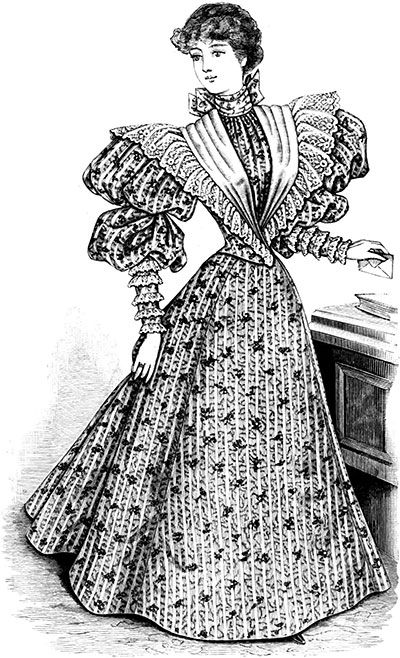 Speaking of research, for authors especially, the digging into details, historical or factual about places, times, events and places adds to our understanding of the world, and that again changes who we are and how we think about ourselves. If you need to incorporate a gun into your story but you’ve never shot one, or even held one, you have to do a little research and learning about firearms impacts your understanding of how they are used, or misused. You’re writing a historical set in Victorian times and you dig into women’s garments at the time so you can dress your characters properly.
Speaking of research, for authors especially, the digging into details, historical or factual about places, times, events and places adds to our understanding of the world, and that again changes who we are and how we think about ourselves. If you need to incorporate a gun into your story but you’ve never shot one, or even held one, you have to do a little research and learning about firearms impacts your understanding of how they are used, or misused. You’re writing a historical set in Victorian times and you dig into women’s garments at the time so you can dress your characters properly.  And suddenly knowing how many pieces of clothing a woman had to don every day gives you a whole new appreciation of how good you’ve got it when you can slip into a pair of yoga pants and a T-shirt and call it done. So, no matter what detail you are looking into, it has to change your appreciation for what you already know.
And suddenly knowing how many pieces of clothing a woman had to don every day gives you a whole new appreciation of how good you’ve got it when you can slip into a pair of yoga pants and a T-shirt and call it done. So, no matter what detail you are looking into, it has to change your appreciation for what you already know.
XX
Learning how others live, the mores and expectations of societies, both ancient, historical and current changes who we are as people. I spent two years in the Peace Corps in a very conservative Christian country. I was 56 when I left so my morals and expectations, what I was used to was very much a part of who I was as a mature adult and yet . . . . By the time I came home from Tonga, I felt a little shocked by the extreme lack of clothing when I saw a woman in a bikini. While I was there, a cruise ship came into our harbor and many of those aboard came ashore. I was told they were instructed to be modest in dress because Tongans are always modestly dressed, but when I saw some of these vacationers wandering down our streets even I was offended, in spite of whatever efforts they might have made. The first time I went shopping after returning home, I was totally overwhelmed with the variety and volume of options available. I’d forgotten what it was like to plop down to watch TV in the evening or toss my laundry into a machine instead of doing it by hand. And all this in just two years of living in another culture different from my own. As authors, when we write about places and times different from our own, we do our research and it might not change us as much as my two years in Tonga changed me, but it still effects how we look at people and places and it changes us.

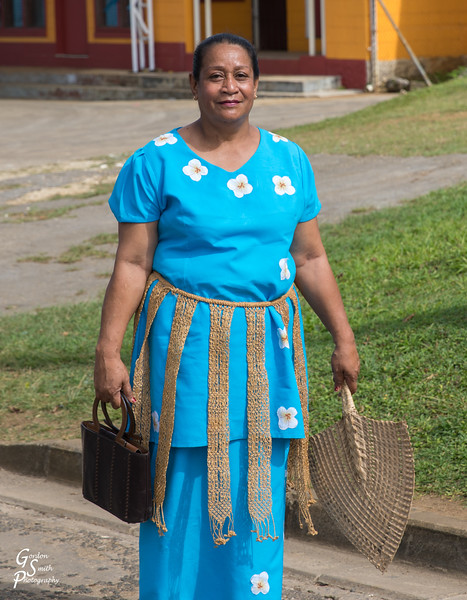

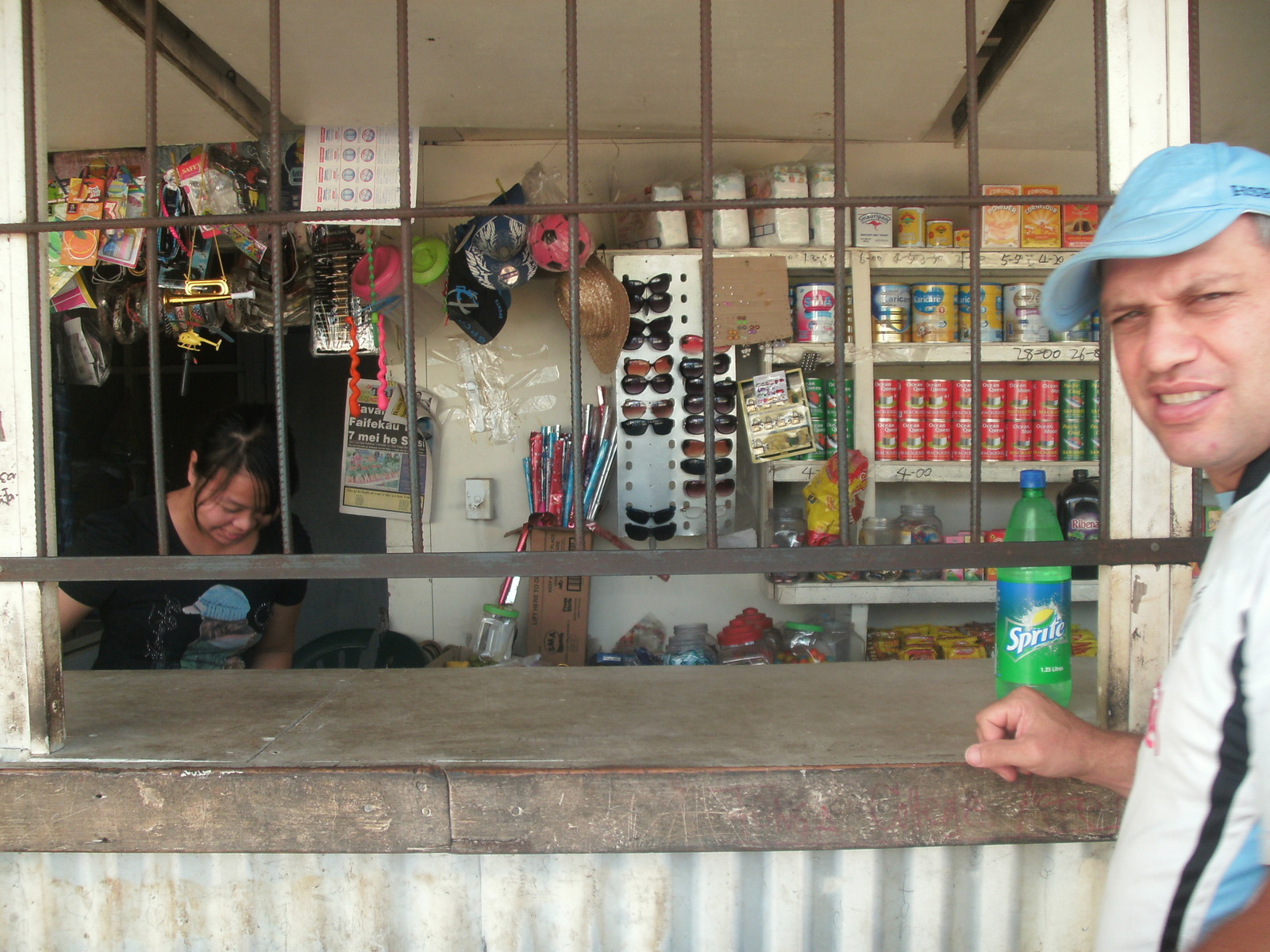
And that’s just the research part of our writing.
XX
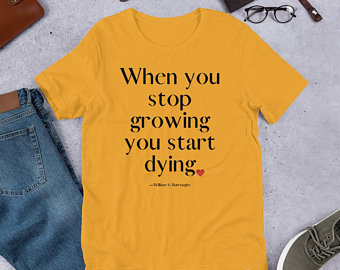 There is also the character arcs and story arcs we create. Most of us grow WITH our characters. Things our characters are learning are things we are learning while we write their stories. Years ago, when I was pretty young and thought I knew it all, a man far wiser than I said something that struck me as profound, and his words have stayed with me. I can almost hear his voice even all these years later saying, “The day we stop growing is the day we start dying.” Growing means change. Always. From the inches a child gains as they move from childhood into adulthood to the thoughts, emotions and maturity of our being for our entire life.
There is also the character arcs and story arcs we create. Most of us grow WITH our characters. Things our characters are learning are things we are learning while we write their stories. Years ago, when I was pretty young and thought I knew it all, a man far wiser than I said something that struck me as profound, and his words have stayed with me. I can almost hear his voice even all these years later saying, “The day we stop growing is the day we start dying.” Growing means change. Always. From the inches a child gains as they move from childhood into adulthood to the thoughts, emotions and maturity of our being for our entire life.
XX
 I think one of the biggest things we gain as writers is empathy. If all our characters were just like us we might not learn much, but our books would be boring indeed. So, we branch out. We find out what it’s like to grow up with an alcoholic father, or live with prejudice, what it’s like to be a battered wife, or a geek – brilliant but different from our peers. Of course, we draw on what we know and incorporate much of that into our writing, but we also look around us and pay closer attention to what it might be like to be the mentally challenged bagger at the grocery store. We hear how one cop commits a horrific act and suddenly we have to consider what it must be like to be a good, dedicated
I think one of the biggest things we gain as writers is empathy. If all our characters were just like us we might not learn much, but our books would be boring indeed. So, we branch out. We find out what it’s like to grow up with an alcoholic father, or live with prejudice, what it’s like to be a battered wife, or a geek – brilliant but different from our peers. Of course, we draw on what we know and incorporate much of that into our writing, but we also look around us and pay closer attention to what it might be like to be the mentally challenged bagger at the grocery store. We hear how one cop commits a horrific act and suddenly we have to consider what it must be like to be a good, dedicated 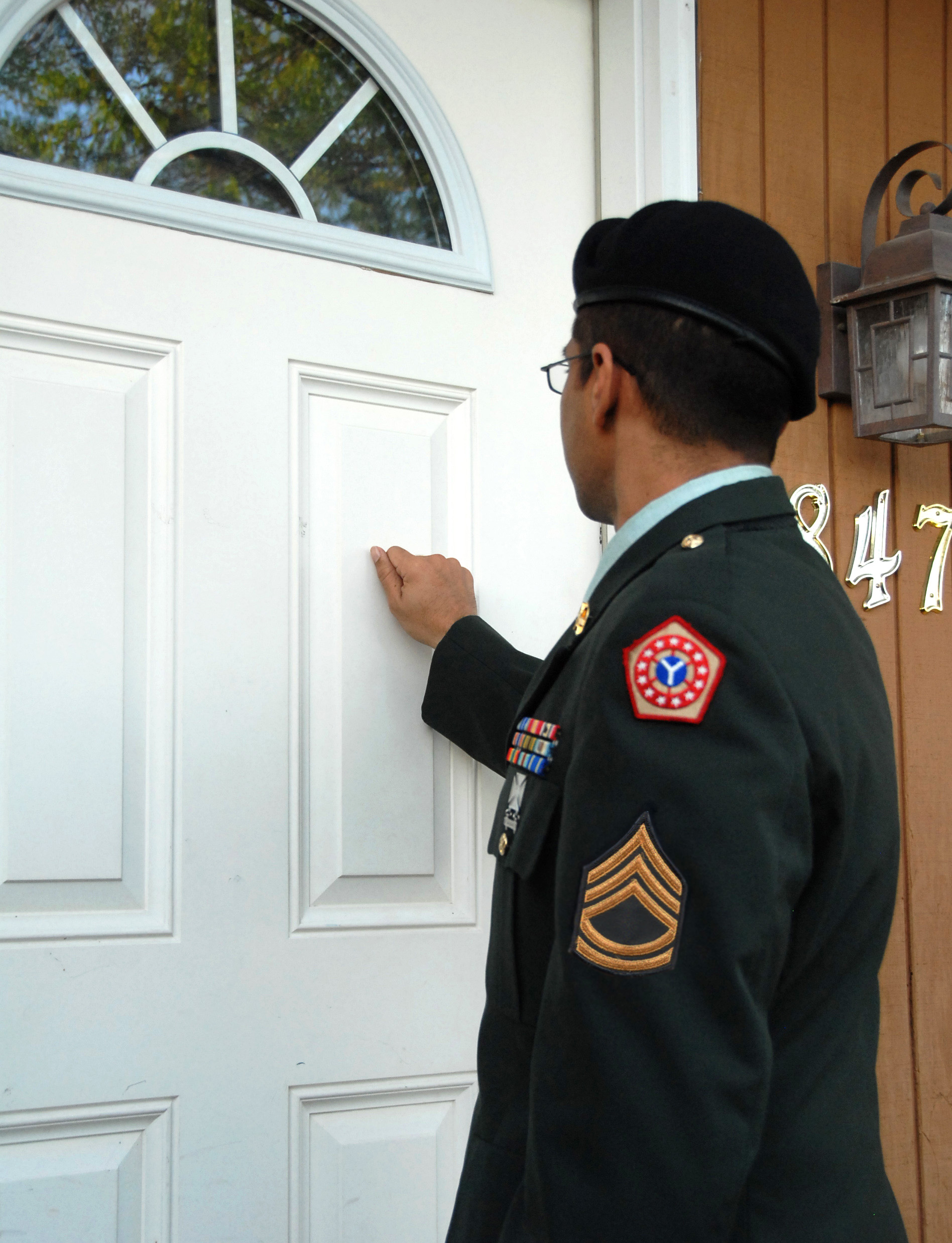 cop with a target on your back as soon as you put on your uniform. As difficult and painful as it is to have a doctor bring us bad news about ourselves or a loved one, what must it be like to be the bearer of that kind of news – over and over again? Or the ER nurse or doctor who fights with everything they have to save a life and then have to call it and admit defeat? Or even the mundane – what must it be like to be a hard-working, loyal employee who never gets the promotion or the atta-boy for a job well done?
cop with a target on your back as soon as you put on your uniform. As difficult and painful as it is to have a doctor bring us bad news about ourselves or a loved one, what must it be like to be the bearer of that kind of news – over and over again? Or the ER nurse or doctor who fights with everything they have to save a life and then have to call it and admit defeat? Or even the mundane – what must it be like to be a hard-working, loyal employee who never gets the promotion or the atta-boy for a job well done?
XX
Writers do a lot of people watching. We see the strain on the faces of those who work in difficult jobs, or the soldiers, dressed in 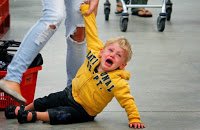 their formal uniforms to tell a family member their loved one is never coming home again. We watch with appreciation the amazing patience of an airline clerk being screamed at by irate travelers over a delayed plane. We watch a harried mother coping with a tantrum in the middle of a grocery store, or a father consoling his son after he struck out with the bases loaded, and we learn a lot about people that way. People who handle things differently than we might. It changes us and our appreciation for others and the gifts they bring to the world.
their formal uniforms to tell a family member their loved one is never coming home again. We watch with appreciation the amazing patience of an airline clerk being screamed at by irate travelers over a delayed plane. We watch a harried mother coping with a tantrum in the middle of a grocery store, or a father consoling his son after he struck out with the bases loaded, and we learn a lot about people that way. People who handle things differently than we might. It changes us and our appreciation for others and the gifts they bring to the world.
XX
 I’m not the sort of person who has ever spent a lot of time soul searching my strengths and weaknesses or laboring over my failings, but every now and then I see bits of myself in my characters. Usually less pleasant bits of myself and I’m shocked. OMG – That’s me! And that sudden realization has often forced me to change – to become someone I like a whole lot better. So, with my wise friend Harvey’s advice in my head, I have refused to start dying, which means I must continue to grow and my writing has been a part of that growing and changing. I pray God it will continue to be a part of me until the day I leave this earthly self for something even better.
I’m not the sort of person who has ever spent a lot of time soul searching my strengths and weaknesses or laboring over my failings, but every now and then I see bits of myself in my characters. Usually less pleasant bits of myself and I’m shocked. OMG – That’s me! And that sudden realization has often forced me to change – to become someone I like a whole lot better. So, with my wise friend Harvey’s advice in my head, I have refused to start dying, which means I must continue to grow and my writing has been a part of that growing and changing. I pray God it will continue to be a part of me until the day I leave this earthly self for something even better.
XX
 Hop on over and see how these other authors view how writing has changed them:
Hop on over and see how these other authors view how writing has changed them:
Anne Stenhouse
Marci Baun
Diane Bator
Connie Vines
Dr. Bob Rich
Fiona McGier
Judith Copek
Helena Fairfax
Beverley Bateman
Rhobin L Courtright